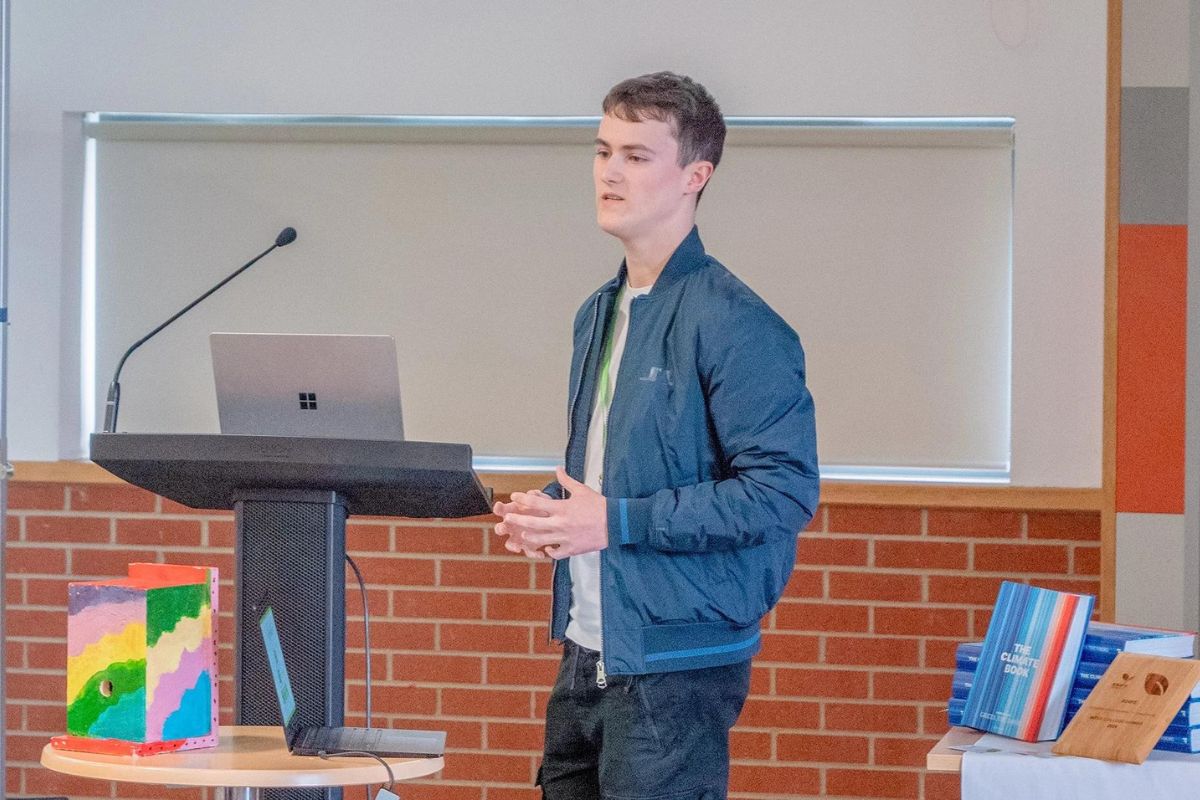Three predictions for education in 2022 and beyond

Felix Ohswald, Co-Founder and CEO of GoStudent, one of the world’s leading online tutoring providers, shares his thoughts.
AI use will make teaching more measurable
Through the increased use of Artificial Intelligence (AI) in education, teaching becomes more measurable. This results in the enormous potential for optimisation: learning content and teaching methods can thus be tailored much more precisely to the individual needs of each child and can make success far more trackable. Based on the feedback provided by AI-based education programs, learning plans can be adjusted individually and effectively. For example, the San Francisco-based EdTech app, ELSA, uses speech recognition and pronunciation analysis that can identify precise areas of improvement based on the native language of the speaker. However, according to the GoStudent Education Report published on 30 November 2021, the use of AI in the classroom is still in its infancy. In the UK, only 18 percent of schools use AI and only 5 percent of parents support their children with AI-based learning methods outside the classroom. The same study found that parents in the UK think that AI should be used more to create a learning environment based on children’s needs (59%). We see that more and more start-ups are exploring this trend and I strongly believe that innovation in this space will increase the coming year, benefiting students and educators alike.
Gamification will create playful learning opportunities for younger learners
Nowadays, children are exposed to technology and digital entertainment offerings from a very young age. This is a trend that will continue well into the future, as each generation becomes more digitally native. Many companies are realising this fact, and are creating playful learning content that entertains smaller children while at the same time helps them to learn. Gamified learning is effective, because it creates a fun learning environment in which the children experience positive emotions, in turn raising their level of engagement. If learning is fun for kids at a young age, and the entertaining material helps to foster a positive attitude towards learning, then when they start school, they will already associate lessons with enjoyment.
Gamification works for all ages, too. Young EdTech startup founders can get inspired by the success story of Duolingo, which is an already well-established, freemium language learning app that uses various gamification elements to provide its users with an exciting language learning experience: Users can not only earn and use an internal currency for completing various activities but can also collaborate with friends, vote on the best translations and receive badges for achievements, such as a completion of a certain number of skills.
Looking even further ahead, the metaverse could level up learning experiences
Pioneers from the tech world are already envisioning how the metaverse will change our lives in the coming decades. Even though next year it will be too early to assess the extent to which this trend will influence education, a few trends are likely to be implemented in the near future. Augmented reality is an important component of the metaverse, and could make education even more experiential by allowing teachers to convey theory in a vivid way. Instead of playing a video to show children what it was like in the Stone Age, educators could use VR glasses to beam them directly into that time period, allowing kids to wander through the ancient landscape and observe Stone Age animals, as if they were really on a journey through time.
Another important aspect of why the metaverse will find its way into education is learning how to use the metaverse itself. I think we can all agree that in the development of social media, we failed to educate children on how to use it responsibly and safely. I anticipate that educators will take this learning and adapt the curriculum to better inform students on online responsibility.












Responses